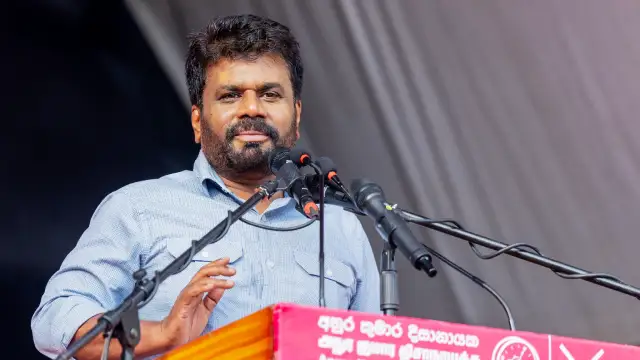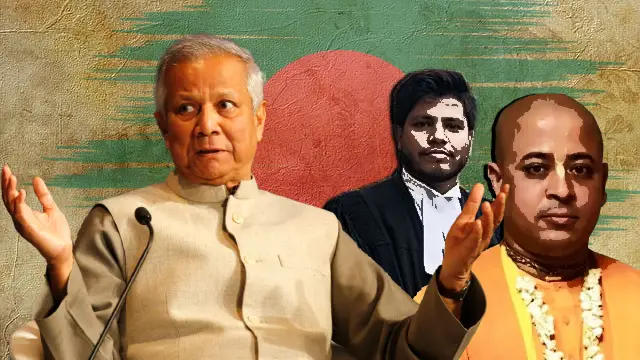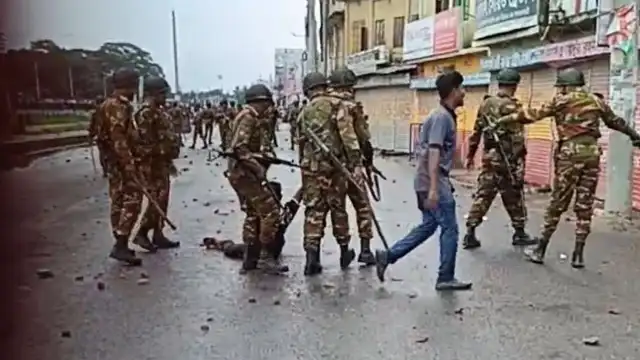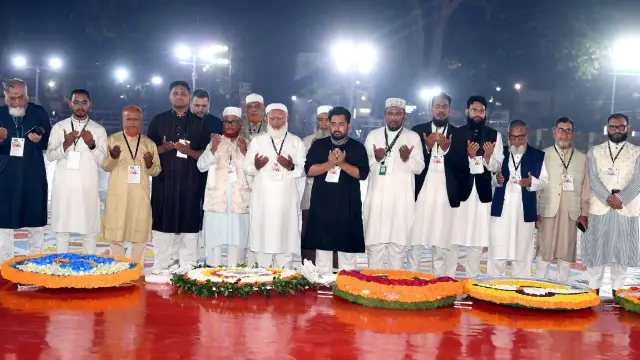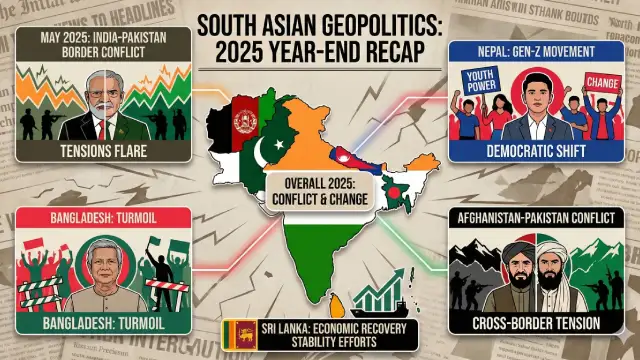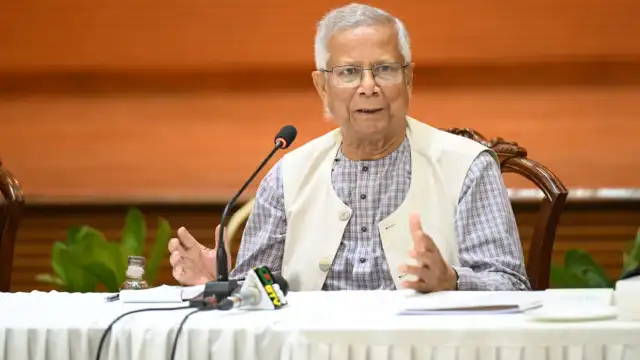Prime Minister Narendra Modi’s government faces sharp international criticism after it, which controls the law and order in the disputed territory of Jammu & Kashmir, has banned 25 books by listing them as literature that “propagates false narratives and secessionism”. The Jammu & Kashmir Lieutenant Governor’s (LG) office issued the book ban order on August 5th, the day on which the former princely state lost its special status in India and was bifurcated into two union territories.
Reacting to the censorship regime, which has prompted police raids across Jammu & Kashmir’s bookstalls, the Internet Freedom Foundation (IFF) has expressed its concerns.
“IFF is alarmed by this mass censorship of literature and its implications for free expression, academic inquiry, and democratic discourse,” the organisation said in a statement issued on Friday, August 8th.
IFF's Statement on the Jammu & Kashmir Book Ban
— Internet Freedom Foundation (IFF) (@internetfreedom) August 7, 2025
The Internet Freedom Foundation (IFF) expresses grave concern over the Jammu & Kashmir (J&K) Home Department’s order S.O. 203 of 2025, which bans and forfeits 25 book titles for allegedly “promoting secessionism” and “inciting… pic.twitter.com/aVqUr4cn89
“IFF emphasizes that invoking such penal provisions against works of scholarship and commentary is legally untenable. The government’s notification paints these books as criminally conspiratorial propaganda, but many titles are well-regarded historical and political analyses published by reputable houses like Penguin, HarperCollins, and Routledge. The order’s own language concedes that the books are ‘disguised as historical or political commentary’ essentially acknowledging they are presented as analysis or opinion, not overt calls to violence (sic),” the organisation’s statement highlighted.
“Available evidence based on investigations and credible intelligence unflinchingly indicate that a significant driver behind youth participation in violence and terrorism has been the systematic dissemination of false narratives and secessionist literature by its persistent internal circulation, often disguised as historical or political commentary, while playing a critical role in misguiding the youth, glorifying terrorism and inciting violence against Indian State (sic),” the government order has mentioned to justify the ban.
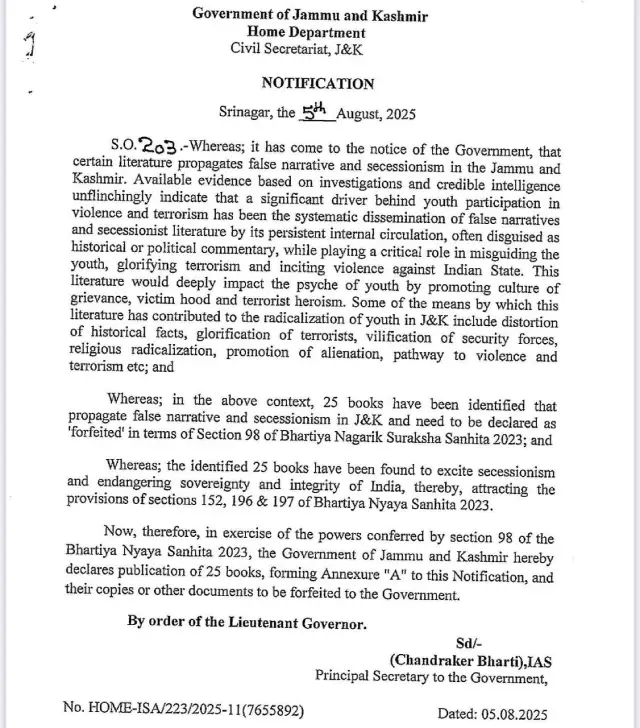
However, it didn’t specify how the analysis of the secessionist nature was conducted and which experts have added their inputs during the process. Rather, the government, critics argue, has used arbitrary powers granted under the Section 98 of the newly introduced Bharatiya Nagarik Suraksha Sanhita (BNSS) 2023 to forfeit renowned published work, and use sections 152, 196 and 197 of the Bharatiya Nyaya Sanhita (BNS) 2023 to identify them as those “endangering sovereignty and integrity of India”.
The BNSS and BNS were enacted by the Modi government in 2023 using its brute majority in the Parliament, overriding the Opposition’s protest against what it called draconian laws.
Indicating that the government fears that the content of the literature can raise uncomfortable questions for the government, the order said, “This literature would deeply impact the psyche of youth by promoting culture of grievance, victim hood and terrorist heroism (sic).”
“Some of the means by which this literature has contributed to the radicalization of youth in J&K include distortion of historical facts, glorification of terrorists, vilification of security forces, religious radicalization, promotion of alienation, pathway to violence and terrorism (sic),” the government order said.
The Jammu & Kashmir authorities didn’t cite any passages from the works to justify their book ban order. Citing which the IFF said that the order is legally untenable.
“Article 19(1)(a) of the Indian Constitution guarantees freedom of speech and expression to all citizens, and any restriction on this right must strictly conform to the narrow grounds listed in Article 19(2) (such as sovereignty, security of the State, public order, etc.). The Supreme Court of India has repeatedly warned against broad or pre-emptive suppression of speech, especially in the realm of political or academic discourse. In Shreya Singhal v. Union of India (2015), the Court drew a clear line between mere advocacy or discussion of a viewpoint and incitement to violence (sic),” the IFF said in its statement on the Jammu & Kashmir administration’s order on book ban.
The listed books include those from reputed authors like Arundhati Roy, Anuradha Bhasin, Radhika Gupta, Seema Kazi, researchers like Angana P Chatterjee, Hilal Bhatt, Pankaj Mishra, Tariq Ali, a reputed lawyer like AG Noorani and activists like Ather Zia. The Jammu & Kashmir book ban order also lists books by Islamic scholars Sheikh Hassan al-Banna and Abul A’la al-Maududi, covering reputed publishing houses like Harper Collins, Penguin, Pan Macmillan, along with others like Tulika Books, Bloomsbury Academic, etc.
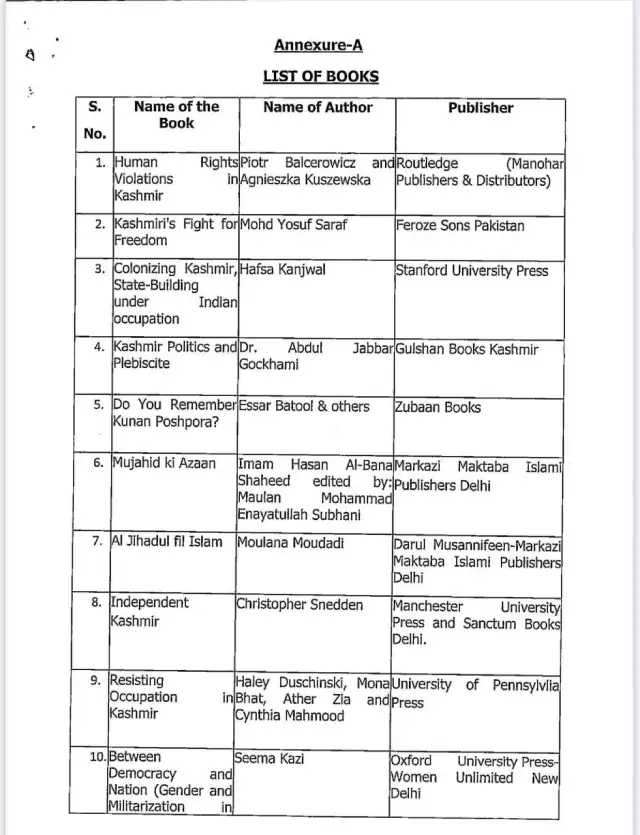
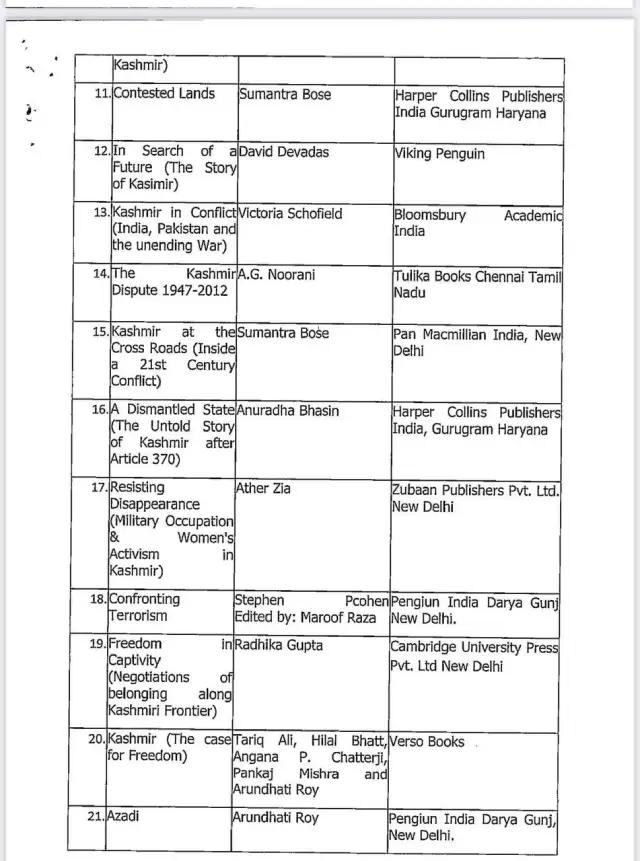
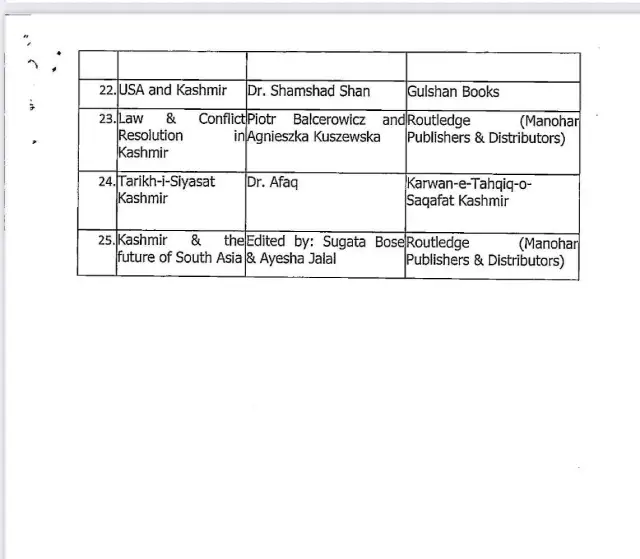
The country’s largest communist party, the Communist Party of India (Marxist) [CPI(M)], has condemned the Jammu & Kashmir LG’s book ban order and slammed Mr Modi’s far-right, Hindutva-incensed Bharatiya Janata Party (BJP) for it.
“The Lieutenant Governor, acting as a representative of the BJP-led Union government, is aggressively curtailing the fundamental rights guaranteed by the Indian Constitution. Citing the pretext of aiding ‘secessionism and terrorism’, his administration has imposed a ban on 25 books that explore the history of Kashmir and the roots of its current issues. Among these are works by eminent authors such as A.G. Noorani, Anuradha Bhasin, Arundhati Roy and others (sic),” the CPI(M) said in a statement issued on Thursday, August 7th.
#CPIM Polit Bureau opposes the ban on #books in #JammuAndKashmir pic.twitter.com/63y2aiszpP
— CPI (M) (@cpimspeak) August 7, 2025
Though the CPI(M) has condemned the book ban, Jammu & Kashmir Chief Minister Omar Abdullah, whose government has limited powers, remains nonchalant on the issue.
Several other organisations have also opposed the Jammu & Kashmir LG’s book ban order.
*AILU* Condemn and protest against ban of Books of A.G Noorani, Anuradha Bhasin, Arundhati Roy & others, in Kashmir*#AILU #FreedomofSpeechandExpression pic.twitter.com/NjIoCPtSx1
— AILU Chennai (@ailuchennai) August 8, 2025
Most of the contemporary works banned in Jammu & Kashmir critically analyse the Indian Army’s controversial role during the suppression of Kashmiri militancy from the late 1980s until the 2010s. They narrate first-hand accounts of victims, cases of human rights violations, gender violence, etc, which are taboo topics in the Indian mainstream polity.
While the ban is in Jammu & Kashmir only, the IFF fears it will snowball into a nationwide ban, opening floodgates to a book censorship spree under the BJP’s Hindu nationalist government.
“IFF is concerned that, practically, this localised level ban could snowball into a de facto nationwide ban. Major bookstores and distributors across India might err on the side of caution and withdraw these titles from sale entirely, rather than attempt to geographically filter availability,” the organisation’s statement said.
It also highlighted the challenges that the publishers face and how it can end up in a nationwide blanket book ban.
“Indeed, the order notes that prominent publishing houses “will no longer be able to distribute or reprint these books again”, which suggests a pan India choke on supply. Online retailers and e-book platforms face particular uncertainty – for instance, if a website sells one of these books to a customer in J&K, would that constitute an offence or violation of the order? Even if the legal reach of the UT government stops at its borders, the interconnected nature of the book trade and the internet means nationwide distribution is chilled (sic),” the IFF said.
It also highlights how the e-commerce websites will have no choice but to stop selling these books.
“For nationwide online sellers like Amazon or Flipkart, it is logistically difficult to block sales only to certain territories; they might choose to disable sales of the banned books to all customers in India. Vendors may opt to delist the titles for all Indian customers to avoid any risk. We could see digital platforms geo-blocking access to these books in J&K or dropping them from India-based services altogether, given that the notification calls for seizing digital copies as well. This uncertainty undermines the right to read and access information across India, effectively letting a regional authority’s decision restrict cultural and academic material on a national scale (sic),” the IFF added.
The book ban order comes at a time when India has aligned strongly with the Israeli government on international platforms and remained a mute spectator of the latter’s aggression in Gaza, the West Bank, and neighbouring Lebanon and Syria.
Driven by their urge to transform India into South Asia’s Israel, the BJP under Mr Modi is emulating the Zionist state’s repressive policies and censorship in India, critics argue.
With the country’s ranking in the international democratic index sliding and with the Leader of the Opposition in the Lok Sabha, Rahul Gandhi, accusing the country’s poll body, the Election Commission, of collaborating with the BJP to rig elections, the Jammu & Kashmir LG’s book ban order will cause further embarrassment for India globally.
Join our channels on Telegram and WhatsApp to receive geopolitical updates, videos and more.


